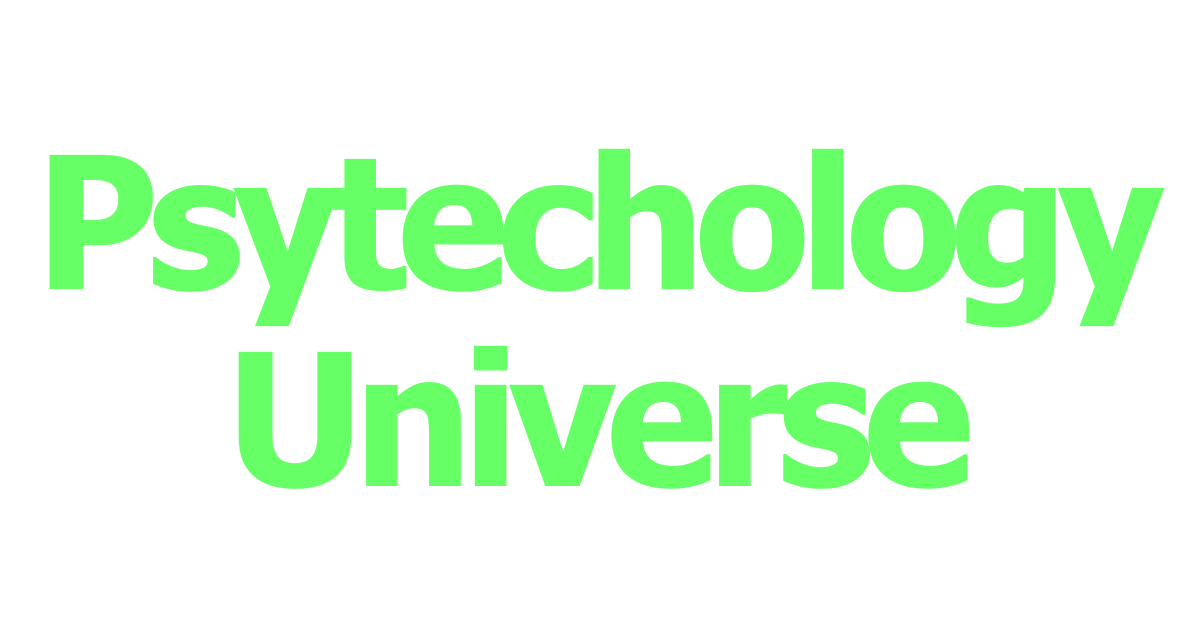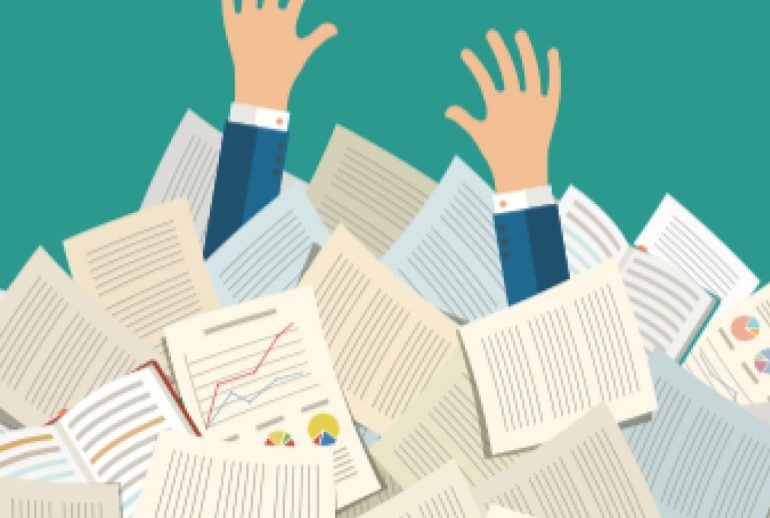Imagine being dropped into a massive library with aisles that seem to stretch on forever, filled to the brim with books on every topic you can think of, written in countless languages. Pretty exciting, huh? Now, picture someone constantly shoving ten more books into your arms every minute, demanding that you read and remember every single detail. That is basically what it feels like to deal with information overload in today’s world.
In this digital age, the amount of information available to us is mind-boggling. The internet has completely changed the game when it comes to accessing knowledge. You can find an endless supply of articles, videos, social media updates, and more. Say you are trying to research a simple topic; a quick online search will bombard you with thousands of results, all competing for your attention and varying in terms of reliability and relevance. Imagine a student getting ready for an exam can easily get overwhelmed with study materials, online courses, forums, and conflicting advice, making it super hard to figure out what information really matters.
Smartphones, tablets, and laptops keep us constantly connected, bombarding us with notifications, emails, and updates. All this constant stimulation makes it hard to focus and our attention spans suffer. Imagine trying to get work done while being bombarded with emails, instant messages, and social media alerts. No matter how hard you try, staying on track and being productive is tough, which leads to heightened stress levels and decreased productivity.
Dealing with information overload doesn’t just mess with our ability to think clearly, it also takes a toll on our mental well-being. Have you ever heard of decision fatigue? When you are faced with so many choices, it mentally exhausts you and makes it difficult to make good decisions. Picture yourself scrolling through endless product options online, struggling to pick the best one from a sea of possibilities. The mental effort it takes to process all that information can leave you feeling frustrated, anxious, and eventually burned out.
Basically, with the unlimited amount of information available in this digital age, we have some awesome opportunities, but also some major challenges to deal with. It’s all about finding that sweet spot between making the most of information and avoiding overload. This is super important if we want to keep our heads clear and stay mentally balanced in today’s fast-paced world.
Information overload affects us in a bunch of different ways, and here are a few examples:
1. Deepfakes and misinformation
Thanks to easy-to-use editing tools, fake videos and news stories can spread like wildfire. It is not just about losing trust in reliable sources, but also fuels division and affects things like elections and public discussions.
2. Attention deficit and “doomscrolling”
We are bombarded with notifications and updates all the time, which messes with our ability to focus on tasks and do stuff that matters. We end up “doomscrolling,” constantly looking for negative news, which only ramps up our anxiety and makes us feel pessimistic. How can we dive deep into learning or have meaningful conversations when our minds are all over the place, jumping from one headline to the next?
3. Trouble making decisions
Having too much information can overwhelm our decision-making process, leading to either freezing up and not making any choice at all or making impulsive decisions without really knowing what we are doing. This can have serious consequences in areas like healthcare, finance, and politics. For example, people might put off important medical decisions because they are swamped with conflicting info online, which could mess up their health.
4. Stress and burnout at work
In this “knowledge economy,” employees are constantly bombarded with information overload. Non-stop emails, notifications, and meetings leave them feeling overwhelmed and burnt out, which obviously affects their productivity and creativity. It is like there is this pressure to always be connected and respond to digital stuff, which cranks up stress levels and leads to burnout. And because we are expected to be available 24/7, the line between work and personal life gets blurred, and we end up overworking ourselves to exhaustion.
5. Losing the ability to think
Relying too much on online sources for getting our news can end up making us lazy thinkers. We might start taking whatever we read as the truth without stopping to consider if it is right or if it hides some kind of bias. This can hurt our growth in developing critical thinking skills needed for being active and responsible community members.
6. Stuck in a bubble of like-minded people
Using online spaces that show us what we already believe is a risk with personalized algorithms. These can push us into falling for the same old thinking again and again leaving no room for challenging our thoughts. This can further spread divisions in society. Picture two next-door neighbors, one hearing right-wing news, the other left-wing feeling like they live in different worlds.
7. Online cruelty and mental well-being
Even though social media strengthens relationships, it can also become a place where negativity and bullying grow. If you are always around negativity and feel the push to have a top-notch online image, it can harm your mental state. This can cause feelings of stress, sadness, and even thoughts of hurting oneself.
8. Loss of privacy and who we are
The facts we leave on the internet can tell a lot about our lives. This can put us at risk of ads aimed just at us, being tricked, and even stealing our identity. The ongoing push to be “in view” and “liked” on the internet can cause us to lose our sense of who we are.
Recommendation
Addressing these challenges requires a concerted effort to promote digital literacy, cultivate healthy information consumption habits, and create environments conducive to well-being and meaningful human connections.
We need to work together to help people understand digital tools better, encourage good habits when it comes to getting information, and make places where people can feel good and connect with one another.



